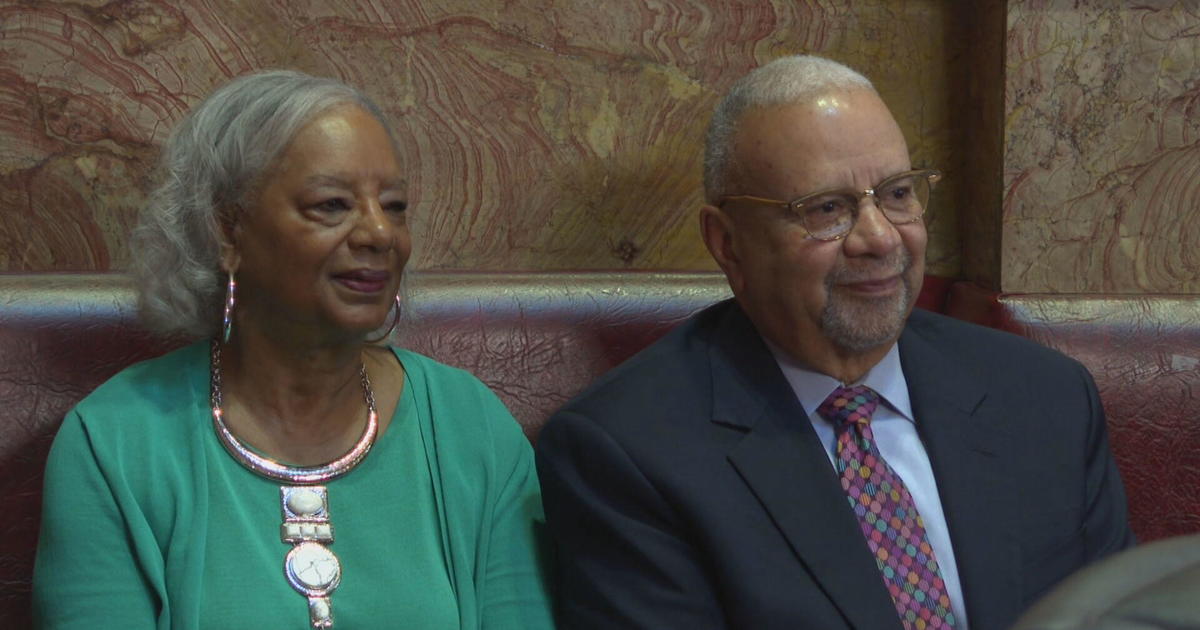Little White (Coat) Lies. Is It Okay For A Doctor To Fib?
 I think every American, except George Washington, has told a lie, or at least a fib, at some point in life.
I think every American, except George Washington, has told a lie, or at least a fib, at some point in life.
Is it ever okay to do that? More importantly, is it ever okay for a doctor to do that?
A new study of more than 1,900 physicians says yes. Most of us do think it's acceptable to fudge things with patients.
Here's a breakdown of the study in the Journal Health Affairs:
- 55% believe it's ok to be more positive than what the history and physical otherwise suggests. (maybe reasonable)
- 40% do not feel they need to disclose any financial ties to drug companies or makers of medical devices. (not cool)
- 33% do not feel it's necessary to disclose the fact that a medical mistake was made -although the level or type of mistake wasnt defined. (definitely not good)
- 10% feel it's acceptable to outright lie when it comes to prognosis (or how things are going to turn out).
It seems the biggest fear according to the doctors in this study is the fear of being sued. So, if something bad happens or a mistake is made, the lips are sealed.
Yet, other studies show being upfront with a patient is a better course. Not only is it the right thing to do, it's also been shown that when a doctor says "I'm sorry, I blew it," he or she is less likely to wind up in court.
Another reason cited for white lies: protecting the patient. In other words, not talking about an abnormal lab result if it has no bearing on the patient's health or future health. Or exaggerating the importance of an abnormal result to spur a patient into making some important lifestyle changes.
One other, not scaring or depressing a patient when the outlook is poor.
I have to admit, I don't think a doctor should ever deny or hide a mistake.
I also don't accept money from drug companies or device manufacturers.
But I have to admit, I have probably been guilty of not being 100 percent upfront and blunt when it comes to prognosis. What I mean is that I'm more of a believer in giving bad news in bits and pieces. I think it's important (depending on the patient obviously) to dole out not-so-good news in small doses to allow the person to absorb, digest, and cope with the bad news. But you also need to allow them enough time to prepare their family ... and things such as financial affairs.
Another area where I may blur the lines -- I tend to be the optimist to the very end. I don't sugarcoat too much, but I think it's important to fight on and give patient's hope until that person says or thinks: enough is enough.
Added to that mix is the fact that I'm a believer in medical miracles. I've seen them, and always hope for them. That's why it's important to never give up in the vast majority of cases. You never know what's going to happen until it happens. So you've got to weigh all that in terms of being a totally open book with someone who doesn't have the best outlook.
But my 2 cents regarding the study as a whole:
Outright lying, that's outright wrong. We should never do it. Little white lies -- I think we need to remember to keep the patient's best interests at heart, not ours.



